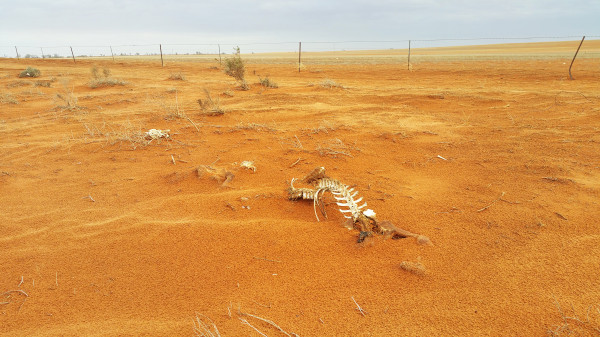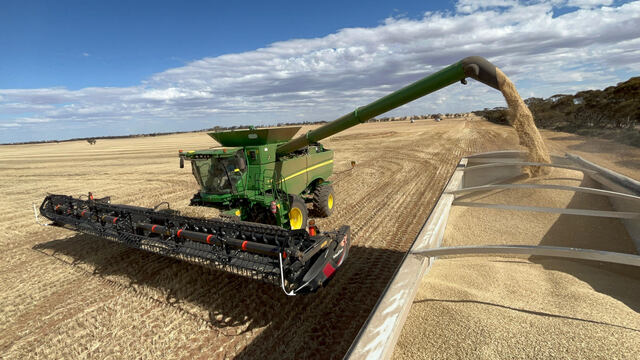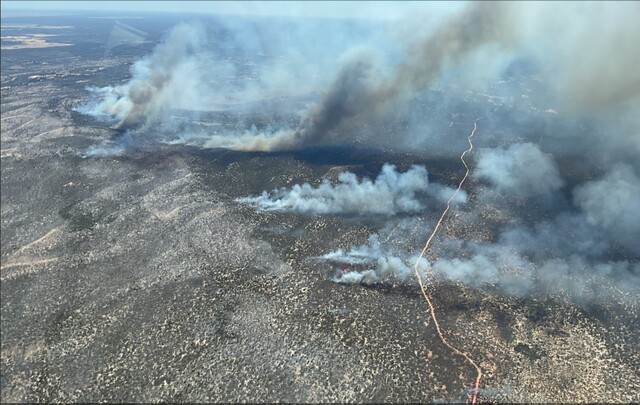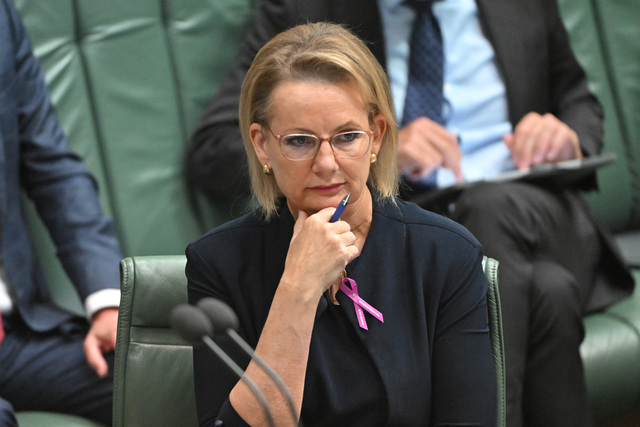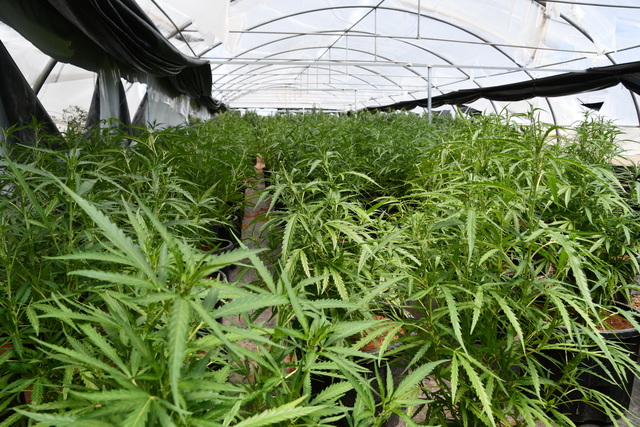DROUGHT should be considered a constant feature of farming in north-west Victoria, according to a Mallee consultation report.
The Mallee Regional Innovation Centre recently launched the report, which identified the Mallee community’s experiences of drought and their insights on enhancing drought resilience.
The Regional Drought Consultation Summary Report captures findings from consultations completed over four months with a range of stakeholders including farmers, service providers, councils, banks, statutory organisations, the tourism and environmental sectors, and government departments.
It was the first in a series of reports about the ongoing drought consultations being undertaken by the centre.
Strategic advisory panel chair Leonie Burrows said drought was seen as a constant feature of life in north-west Victoria.
“When drought comes, it is first felt in the farming communities, in the transport sector and in retail industries,” Ms Burrows said.
“The consultations indicated that recovery takes a minimum of two years for dryland agriculture and four years for irrigated horticulture. Negative news stories also affect tourism industries, while consecutive years of drought lead to exits from farming.
“The outputs of this consultation process are not only building up the institutional memory of how we have adapted to the changing face of drought, but they will guide projects and activities that will have lasting impacts for the regions.
“We have heard that the next drought will be different, but we can prepare ourselves and be better placed to continue to adapt next time.”
Mallee Regional Innovation Centre chief executive Rebecca Wells said the importance of preparing a drought plan during the good times was highlighted in many consultations.
“Ideally this would involve farmers or business owners sitting down with their agronomists, accountants and bankers to think about the business as a whole,” Ms Wells said.
“Having a plan helps to reduce uncertainty and supports better decisions during droughts, which can improve our mental health.
“Improved management of mental health before, during and after the next drought is a key concern for the people of our region. There has been considerable attention to and work in this area, but more still needs to be done.”
The report found climate change would increase the imperative for adaptation.
“Drought provides a motivation for change; it drives innovation and the pursuit of sustainable farming practices,” the report said.
“The consultations have revealed researchable and actionable projects for the Victoria Drought Hub to pursue and develop.
“Business-management skills, and decision-making skills – both on farms and in the small businesses in agriculturally dependent towns – are the most critical ingredients for drought management.
“Farmers and business managers need their various sources of advice to be connected. Farmers working jointly with their agronomists, their accountants and their bankers will improve the synergy of their operations.”
The potential for better management of mental health was also explored.
“Reducing uncertainty and supporting better decisions during the droughts are seen as key in this regard,” the report said.
“There has been considerable improvement in the attention to, and management of, mental health, but more needs to be done.
“The community values the refuge offered by green spaces in managing mental health, and the amenity of towns needs to be protected in the next drought.”

